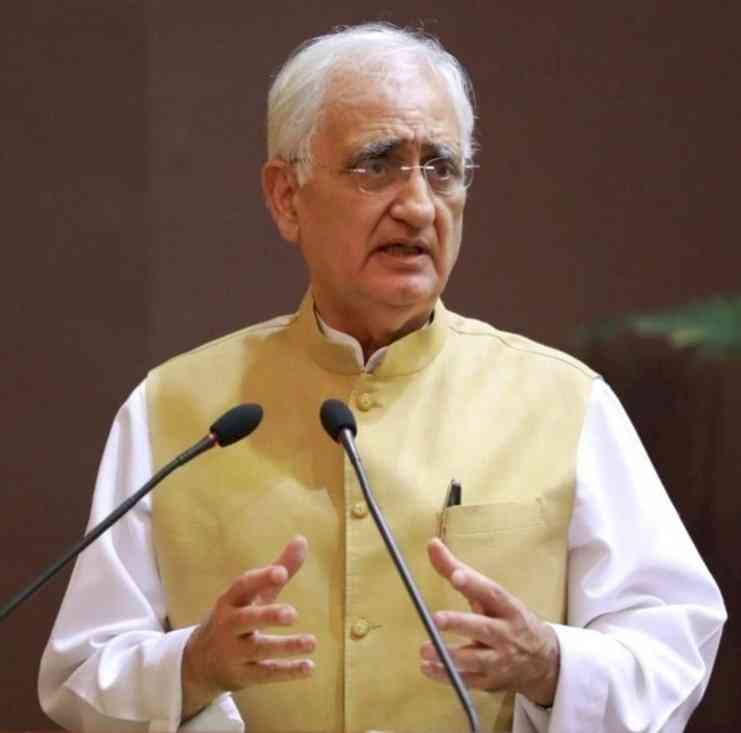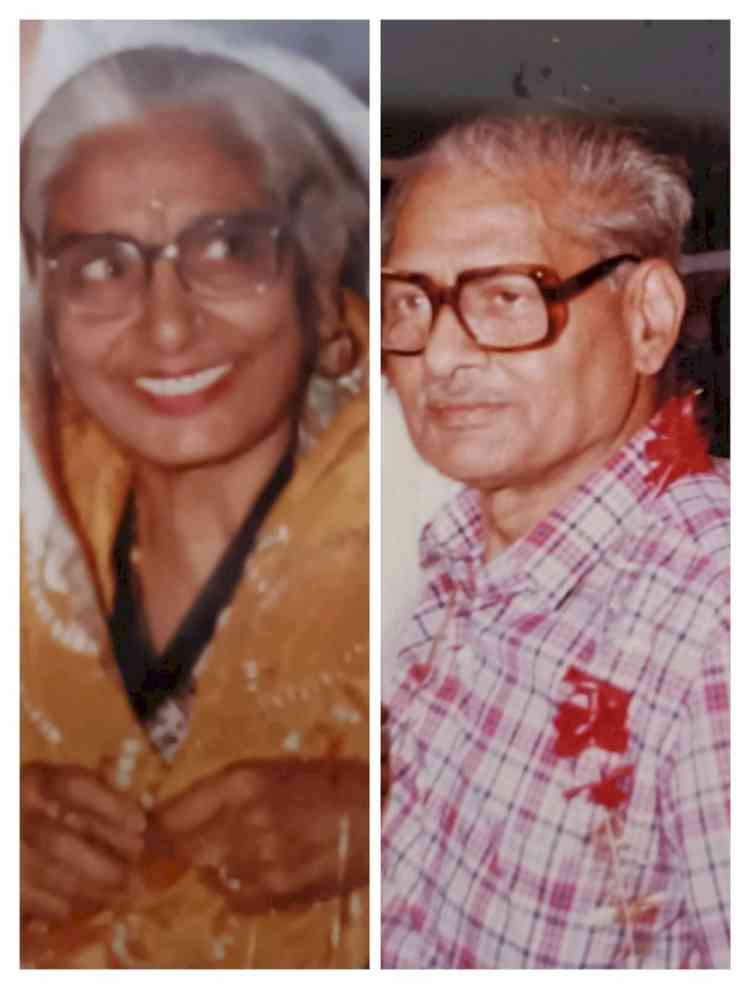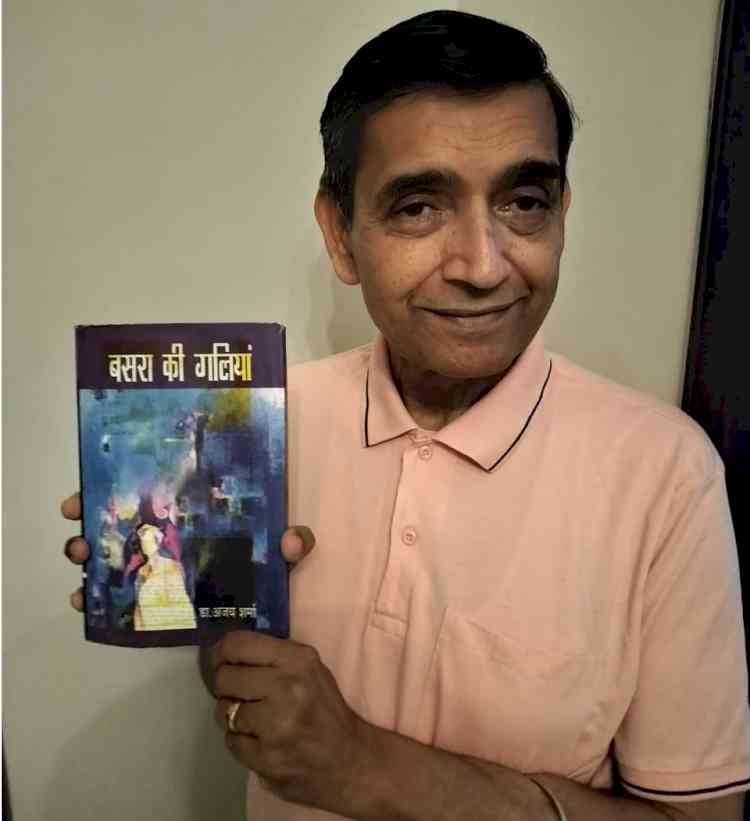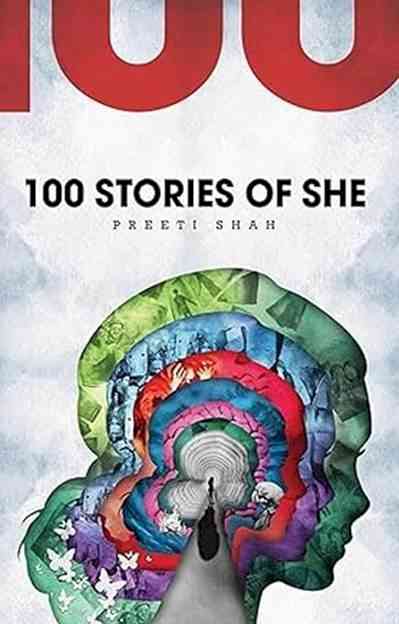The Day After: In the wake of devastation and the Liberhan Commission (Book Extracts)

By Salman Khurshid
The immediate shock of the unthinkable happening gradually settled down to a kind of numbness. The demolition happened on December 6, 1992, a Sunday. After the devastating weekend, on Monday morning, December 7, the Council of Ministers was gathered in a crowded ground-floor room at Parliament House. Understandably, most were at a loss for words, but Madhavrao Scindia broke the ice to say how we all felt for Prime Minister Narasimha Rao.
The reaction of the embattled PM took us by surprise when he retorted, "Please spare me your sympathy". I do not recall the meeting having lasted long or indeed any substantive further steps being discussed. The Uttar Pradesh government had been dismissed on December 6 itself and a week thereafter, the BJP governments in Himachal Pradesh, Rajasthan and Madhya Pradesh were dismissed by the President, as advised by the Cabinet.
That decision led to the challenge in the Supreme Court in the S.R. Bommai case -- a bench of nine judges heard the challenge along with other Article 356 matters and upheld the dismissal on the grounds of violation of secularism. As becomes clear in the Ayodhya judgment as well, S.R. Bommai has become a bulwark against any attempt to encroach upon the territory of secularism in the Constitution.
Meanwhile, the Narasimha Rao government gave clear signals of its intention to rebuild the demolished mosque and the attorney general repeated that before the Supreme Court.
In due course it would have dawned on them that such a step would rekindle the embers that were still smouldering. On the other hand, as the minister of state, Ministry of External Affairs, I was dispatched to the West Asian countries to reassure our friends.
Madhav Godbole, an outstanding officer and Union Home Secretary at the time of the demolition, resigned and subsequently took voluntary retirement after 33 years as an IAS officer. In his book 'The Babri Masjid-Ram Mandir Dilemma', he wrote:
"Wherever in an act of communal violence any place of worship of any religion is damaged or destroyed, it must be rectified and repaired by the government at its own cost. That is the only way you can give a sense of confidence to the minorities and affected communities that there is a government which will protect your rights."
Such outstanding men of the steel frame of Indian democracy may have faded away, and their words become hidden in the dust of the years since 1992, but their memory must remain the cherished sentinel of the future.
The Liberhan Commission: 17 years, 48 extensions later
As is customary in India, every adverse event is quickly contained by the setting up of a commission of inquiry. Despite the originally stated intent to get a commission to complete its work quickly, extensions of time are inevitably sought. Reports are submitted with great fanfare and swiftly put into cold storage.
The Liberhan Ayodhya Commission of Inquiry was a long-running inquiry commissioned and set up by the Government of India to investigate the destruction of the Babri Masjid. The commission comprised a sitting justice, M.S. Liberhan, of the Punjab and Haryana High Court, and was set up on December 16, 1992, soon after the demolition of the Babri Masjid in Ayodhya on December 6 and the subsequent riots that followed.
The terms of reference required the commission to inquire into:
(a) The sequence of events leading to, and all the facts and circumstances relating to, the occurrences in the Ram Janma Bhoomi-Babri Masjid complex at Ayodhya.
(b) The role played by the Chief Minister, Members of the Council of Ministers, officials of the Government of Uttar Pradesh, and by the individuals, organisations and agencies concerned, in, or in connection with, the destruction.
The commission was originally mandated to submit its report within three months, but extensions were given 48 times, and after a delay of 17 years, it finally submitted its report to Prime Minister Manmohan Singh on June 30, 2009.
The commission worked through changes of government that included the years under Prime Minister Atal Bihari Vajpayee, when L.K. Advani was home minister. In our system it is not easy to hold an inquiry against a person in a position of power.
The work done by the special investigation team (SIT), formed in March 2008 to investigate the Gujarat riots, was very disappointing, despite close scrutiny by the Supreme Court.
The Liberhan Commission proceedings, too, witnessed considerable disquiet from within -- the assisting counsel, Anupam Gupta, expressed dissatisfaction at the laxity the commission had shown towards L.K. Advani.
Gupta resigned in September 2007.
(These selected extracts are from Salman Khurshid, 'Sunrise Over Ayodhya: Nationhood in Our Times', Penguin/Vintage Books, 304 pages, Rs 699.)


 IANS
IANS 










